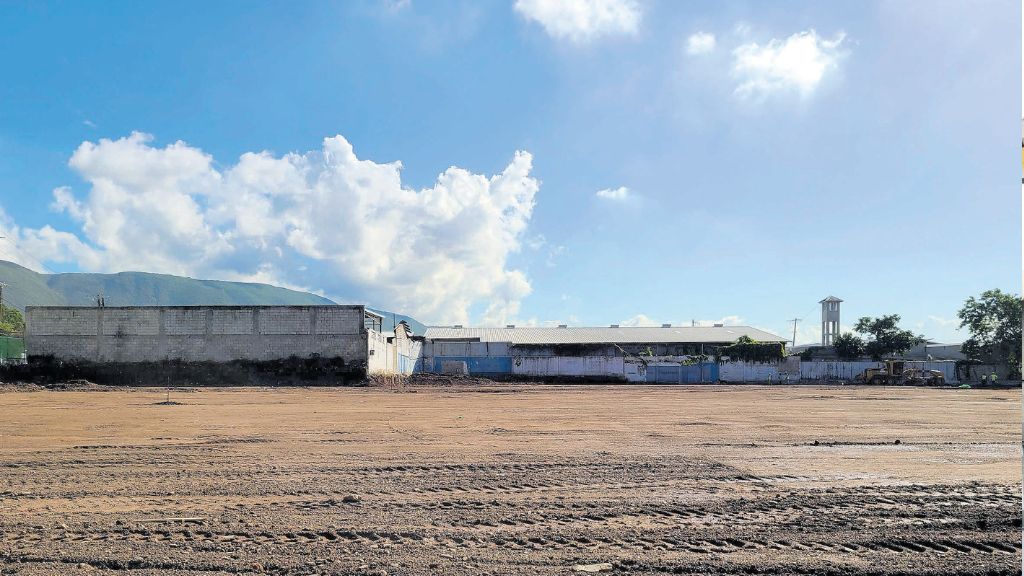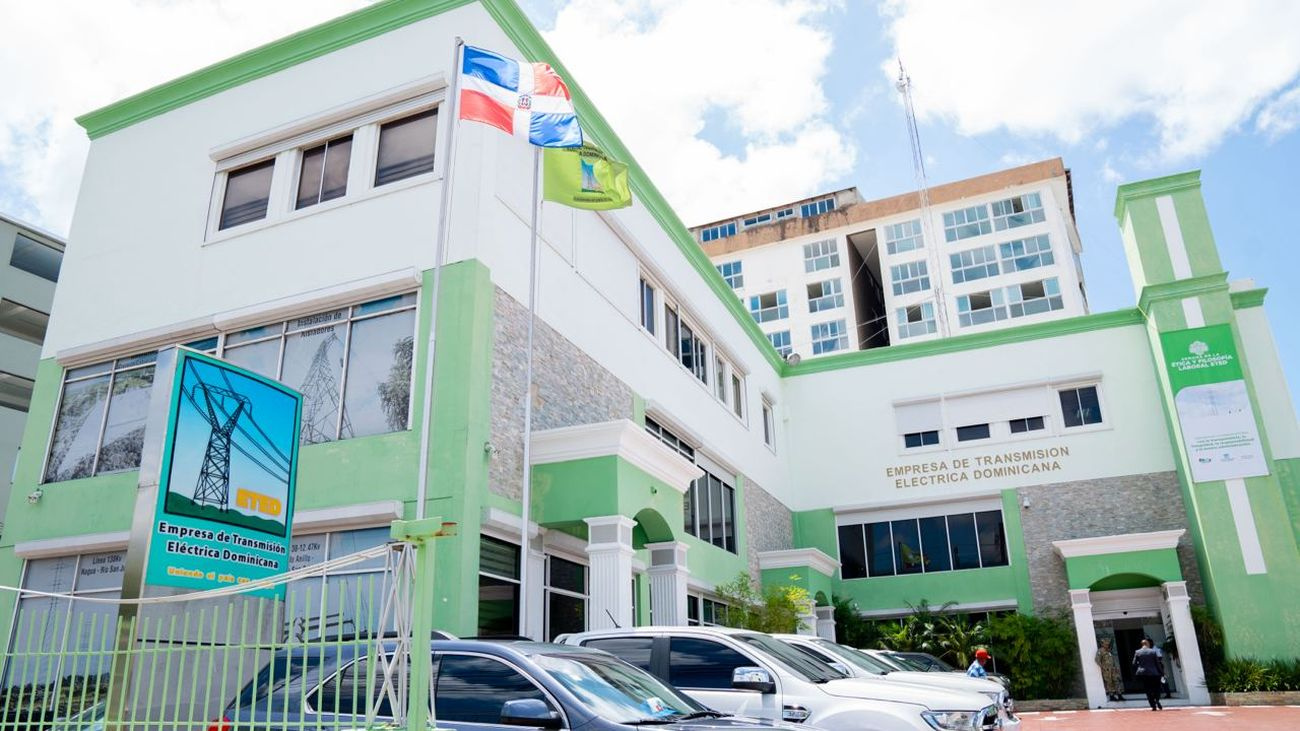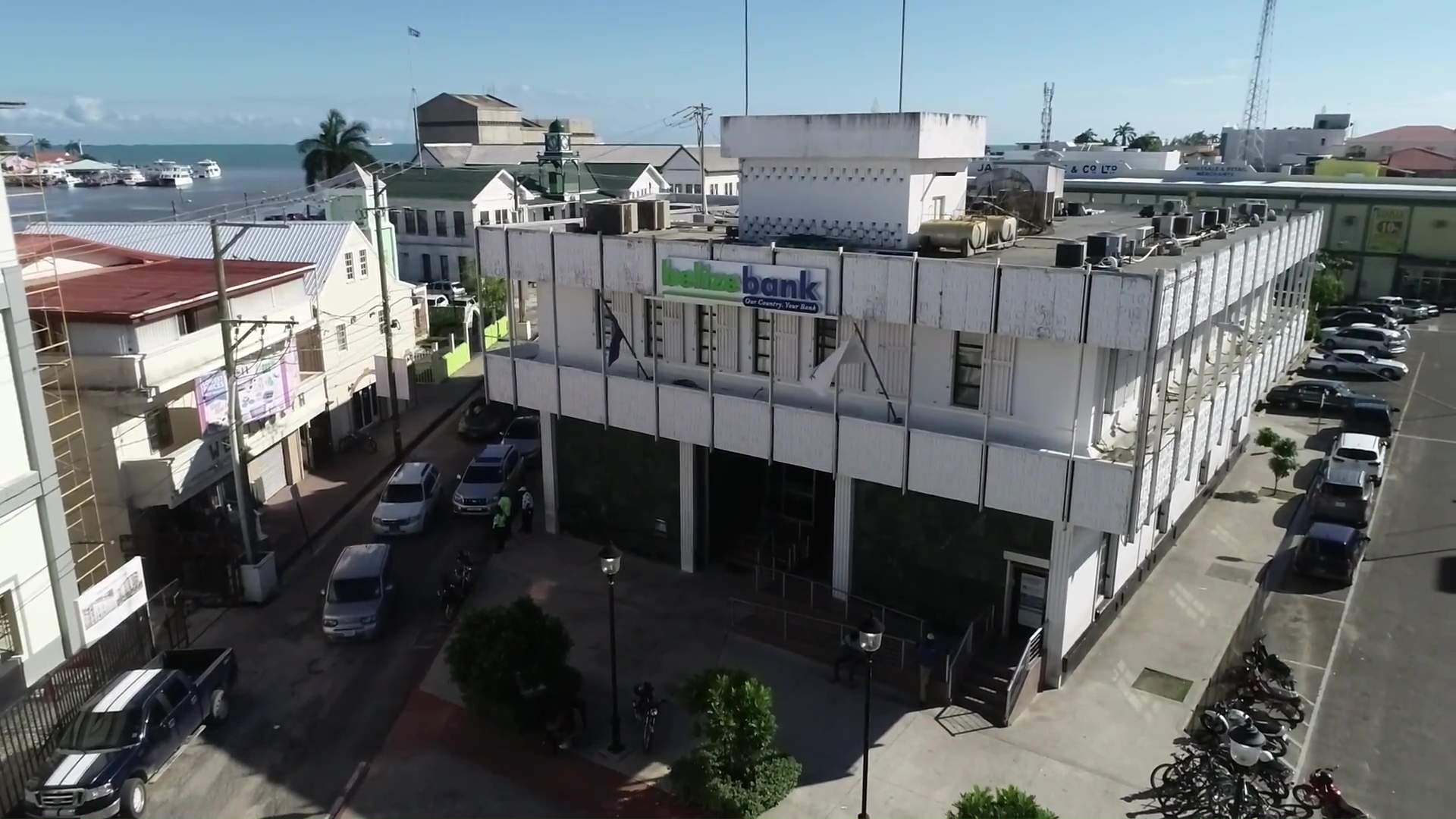PriceSmart Inc. (NASDAQ: PSMT) is accelerating its Caribbean growth strategy with a significant $27.6 million investment to establish a new warehouse club on South Camp Road in Kingston, Jamaica, while simultaneously expanding its high-volume Portmore location in St. Catherine. The expansion initiative was detailed in the company’s recent Q1 FY2026 earnings report and subsequent executive commentary.
CEO David N. Price confirmed adjusted opening timelines for upcoming Jamaican locations due to operational disruptions from Hurricane Melissa. Despite these challenges, existing Kingston and Portmore facilities demonstrated resilience, resuming operations rapidly post-storm. The company anticipates no further delays in its expansion schedule.
The new Kingston location represents a strategic real estate move through PriceSmart Realty (Jamaica) Limited, which secured a 30-year lease agreement with South Camp Fourteen Limited, featuring two 10-year renewal options. This three-acre property, situated near Sabina Park and The Convent of Mercy Academy, will become PriceSmart’s 60th global location upon completion.
Concurrently, the company has acquired five acres in Ironshore, Montego Bay, for its third Jamaican warehouse club. This North Coast development will significantly enhance service accessibility beyond the existing PriceSmart Fresh Bakery in Bogue City Centre.
Jamaican operations have demonstrated robust performance with net merchandise sales growing 13.1% in FY2025, building upon 12.2% growth in the previous period. This consistent performance justifies continued investment, including the Portmore location’s 15-20% expansion in November 2024 and upcoming parking infrastructure enhancements.
CEO Price emphasized the strategic importance of physical expansions: ‘When we expand warehouses or parking facilities, we address the positive challenge of high customer traffic. These improvements enhance member experience through faster ingress and egress while optimizing space turnover.’
The Caribbean segment reported $365.31 million in revenue (6% growth) with membership accounts reaching 510,819 (5% increase). Despite higher operating expenses slightly reducing profitability, the region saw $20.60 million in capital expenditures during the quarter.
Globally, PriceSmart achieved $1.38 billion in consolidated revenue (10% growth) with 56 operational warehouse clubs. The company posted $40.17 million net profit (7% increase) and reached a record stock price of $133.03, maintaining a $4.06 billion market capitalization.
Future expansion plans include a tenth Costa Rican location in Ciudad Quesada (Fall 2026) and market entry into Chile, where the company has secured two prospective sites and appointed country leadership.
Photographic documentation shows ongoing development at both the South Camp Road construction site and the expanding Portmore location, visually confirming the company’s substantial capital investment in Jamaican infrastructure.









